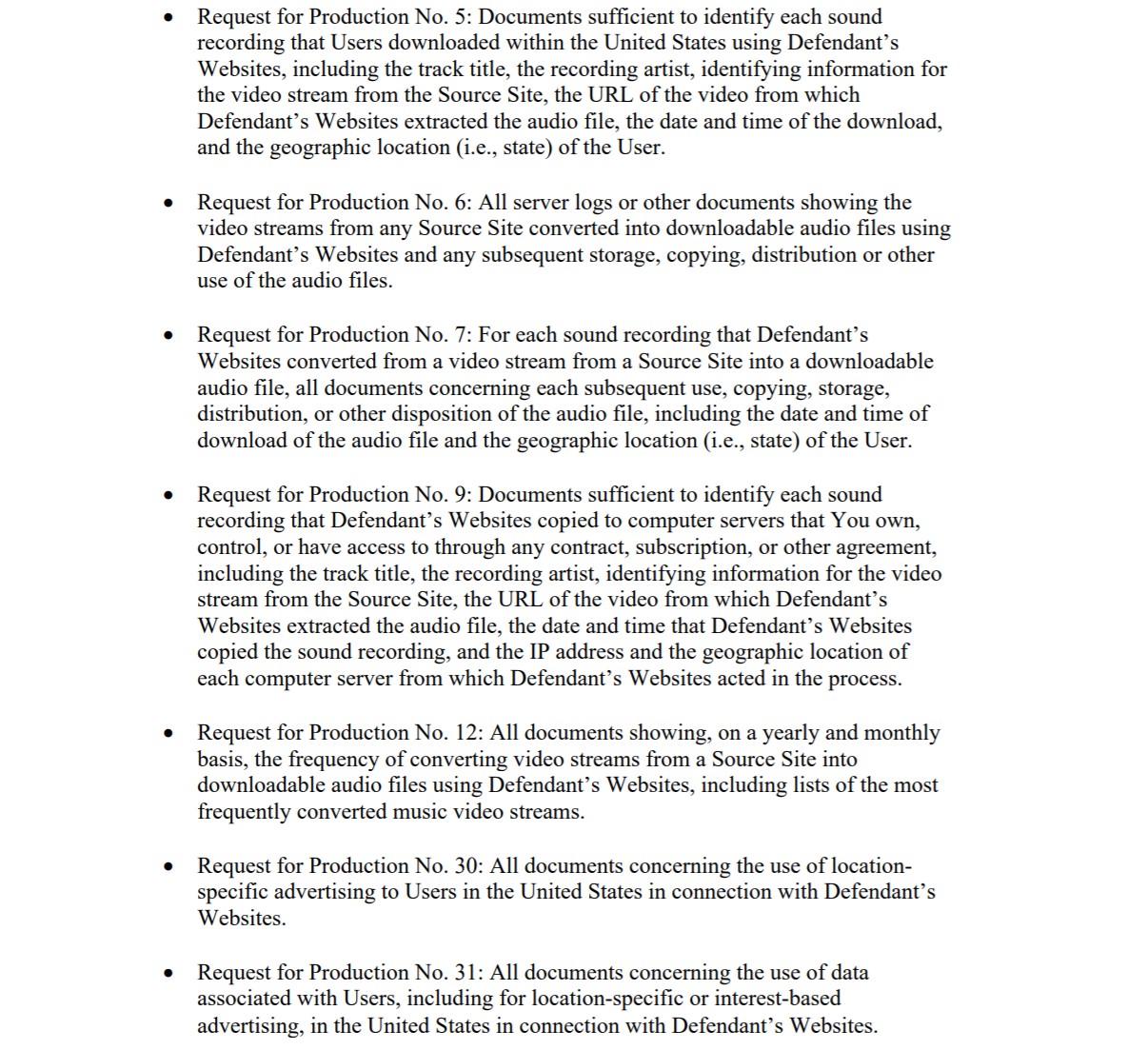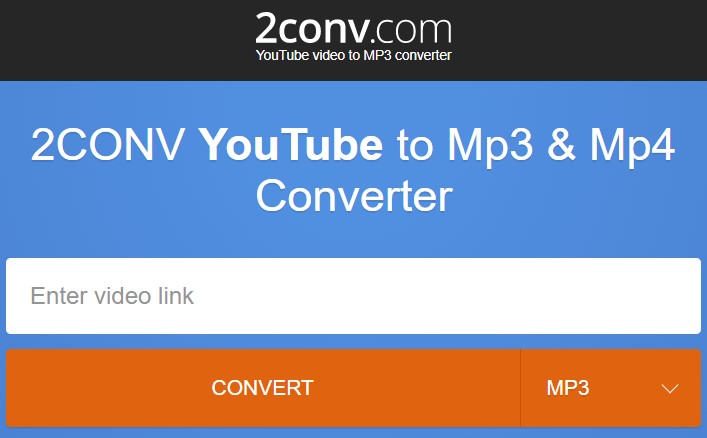[Most Recent Entries] [Calendar View]
Tuesday, June 29th, 2021
| Time | Event |
| 9:23a | High Court Grants Default Judgment in Bitcoin.org Copyright Infringement Case
Over the years, several people have been named in the press as likely candidates, either following investigations, apparent confessions, or a combination of both. In 2015, Australian computer scientist Craig Wright was named by Wired as the probable inventor of bitcoin but the publication later backtracked, reporting that evidence it reviewed appeared to be fraudulent. This apparent setback did not deter Wright from continuing to claim that he is indeed Satoshi. In 2019, Wright increased the pressure by using libel laws in both Norway and England in an attempt to silence people who labeled him as a fraud. Wright also registered copyrights in the United States for the bitcoin white paper and bitcoin’s original code. Copyright Infringement AllegationsIn January 2021, the operator of Bitcoin.org (who operates under the pseudonym ‘Cøbra’) reported that lawyers acting for Wright had contacted Bitcoin.org and Bitcoincore.org with allegations of copyright infringement, demanding that they stop distributing the bitcoin white paper from their domains. Bitcoincore.org complied but Bitcoin.org did not. “The Bitcoin whitepaper was included in the original Bitcoin project files with the project clearly published under the MIT license by Satoshi Nakamoto,” Cøbra wrote. “We believe there is no doubt we have the legal right to host the Bitcoin whitepaper. Furthermore, Satoshi Nakamoto has a known PGP public key, therefore it is cryptographically possible for someone to verify themselves to be Satoshi Nakamoto. Unfortunately, Craig has been unable to do this.” Cøbra signed off defiantly, insisting that he would not be “silenced or intimidated”, but that would not be the end of the matter. Copyright Infringment Claim in the UKAfter Cøbra refused to comply, Wright instructed lawyers at ONTIER LLP to pursue a copyright infringement claim. Proceedings were issued on February 24, 2021 in the High Court and in April, Wright was granted permission to serve the still anonymous Cøbra via email. After being served on April 26, 2021, Cøbra had until May 18, 2021, to file a defense to the proceedings. After that deadline passed, Wright applied to the High Court for a default judgment. In the Chancery Division yesterday, Judge Hodge QC granted a default judgment against Cøbra. Default Judgment and InjunctionThe remote hearing took place without Cøbra in attendance. As a result, the Court ruled entirely in Wright’s favor, handing down an injunction that prohibits the Bitcoin.org operator from making the white paper available for download via their website or by any other means. In addition, Cøbra was ordered to publish a copy of the High Court’s order on Bitcoin.org for six months. The Court also ordered Cøbra to pay Wright’s costs (around £35,000 thus far) and ordered an inquiry to establish the level of damages caused by breaches of Wright’s copyrights in the UK. Simon Cohen, Senior Associate at ONTER LLP, says that the judgment represents another step forward for Wright in his mission to assert his position as author of the bitcoin white paper. “This is an important development in Dr Wright’s quest to obtain judicial vindication of his copyright in his White Paper. Although he has secured victory today by default because no defense was forthcoming, it is notable that the English court has nevertheless injuncted ‘Cøbra’ from making the White Paper accessible in the UK,” Cohen says. “Dr Wright does not wish to restrict access to his White Paper. However, he does not agree that it should be used by supporters and developers of alternative assets, such as Bitcoin Core, to promote or otherwise misrepresent those assets as being Bitcoin given that they do not support or align with the vision for Bitcoin as he set out in his White Paper.” Response from CøbraAt the time of writing the white paper is still being made available from Bitcoin.org and there is no copy of the High Court order. However, Cøbra did take to Twitter to criticize Wright and complain about the legal system.
In an apparent offer to cover Wright’s legal costs, Cøbra offered to pay in bitcoin to block 9, which was mined by Satoshi Nakamoto in January 2009. If Wright is indeed Satoshi, he would directly receive the funds, Cøbra appears to suggest.
Whether Cøbra will comply with the High Court’s instructions is currently unknown. Earlier this week in a post to Twitter, Cøbra said that non-compliance would “probably” mean that ISPs in the UK would be ordered to “block parts or all of bitcoin.org for copyright infringement.” Given the overwhelming non-infringing nature of Bitcoin.org that currently seems unlikely but Wright is clearly a man on a mission, one that isn’t afraid to spend large volumes of cash to achieve his goals. From: TF, for the latest news on copyright battles, piracy and more. |
| 8:10p | Court Orders YouTube Rippers to Log and Share Data with Record Labels
These sites, which can be used for a variety of purposes, are used by some to convert free YouTube videos into MP3s. FLVTO.biz and 2conv.com LawsuitThree years ago a group of prominent music companies took two of the largest YouTube rippers to court. The labels, including Universal, Warner Bros, and Sony, accused FLVTO.biz, 2conv.com and their Russian operator Tofig Kurbanov of facilitating copyright infringement. While many foreign site operators choose not to fight back, Kurbanov did. With help from a seasoned legal team he filed a motion to dismiss, arguing that US courts don’t have jurisdiction over a Russian site operator who conducts his business from another continent. Initially, the district court agreed with this defense, dismissing the case. However, the record labels successfully appealed and, after Kurbanov’s petition at the Supreme Court was denied, the case is now back at a Virginia district court where it proceeds on the merits. Collecting EvidenceOver recent weeks, both parties have used the discovery process to gather relevant evidence. The music companies requested all sorts of information from Mr. Kurbanov, including download statistics and location data, but soon learned that the sites only keep minimal logs. The site operator informed the labels that he simply has nothing to share. The requested data do not exist, he replied, noting that it would be ‘unduly burdensome’ to ‘create or produce’ logs. The labels clearly disagreed and noted that Mr. Kurbanov could enable logging on these servers. As such, they went to court, requesting an order that requires the sites to preserve and share data they deem important. “The problem is that Defendant has configured his server software to turn the logging function off — thus, continually overwriting important data that Plaintiffs explicitly requested in discovery,” the labels wrote. After reviewing the arguments from both sides, US District Court Judge Theresa Carroll Buchanan now sides with the music companies. The motion to compel is granted which means that the YouTube rippers must preserve and share server logs. Identifying User LocationsThe order is disappointing news for the operator of the YouTube rippers and may also be a concern for some of the site’s users. Looking at the paperwork in detail, however, there is no indication that the labels are planning to go after individual users. Mr. Kurbanov opposed the request by arguing, among other things, that logging IP-addresses would put user privacy at risk. However, in response, the labels noted that redacting this information is an option. “Defendant’s only purported privacy concern relates to IP addresses; redactions, combined with identification of the user’s geographical location, can readily address that concern,” they wrote. The labels specifically request the location of users down to the state level. This will help to identify where most users are coming from, but nothing more. For all converted files, the labels want to receive “documents concerning each subsequent use, copying, storage, distribution, or other disposition of the audio file, including the date and time of download of the audio file and the geographic location (i.e., state) of the User.”  In addition, Mr. Kurbanov is required to produce more general statistics such as the most frequently converted music video streams per month and year. The labels likely expect that their copyrighted works are on these lists. The court order doesn’t make clear whether the data will be redacted or not. It simply refers to “specific rulings and instructions” that were discussed during the court hearing. This isn’t the first time that an alleged ‘pirate’ site has been ordered to keep extensive logs. The same happened to the now-defunct torrent site TorrentSpy.com, which decided to close its doors in the US soon after. Whether the YouTube rippers have anything planned in response is unknown. TorrentFreak reached out to Mr. Kurbanov’s legal team asking for a comment on the ruling but, at the time of writing, we have yet to hear back. — A copy of Judge Buchanan’s order is available here (pdf). The record label’s request, which includes the requests for production, can be found here (pdf) From: TF, for the latest news on copyright battles, piracy and more. |
| << Previous Day |
2021/06/29 [Calendar] |
Next Day >> |

 The major record labels believe that YouTube rippers are the most significant piracy threat on the Internet.
The major record labels believe that YouTube rippers are the most significant piracy threat on the Internet.